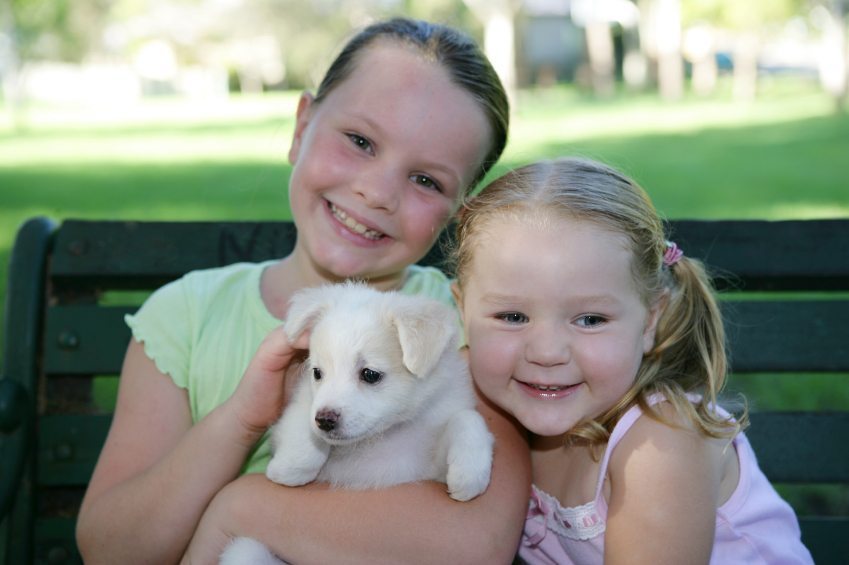
Studies reveal that kids who have pet friends have a higher emotional intelligence (EQ). As noted in the Washington Post, “More than intelligence, EQ is the best indicator of a child’s likely success in school.”
While all pets are wonderful, the study specifically cites dogs and cats as being the creatures that raise up your child’s emotional intelligence.
Here’s some information about emotional intelligence and how pets do what they do.
What is Emotional Intelligence?
It has to do with empathy for others and how a connection can be formed. Also known as “EQ”, emotional intelligence is directly related to how well a child will do in school because this kind of intelligence has the capacity to grow and, by example, give back.
For instance, dogs live in the moment and aren’t swayed by a decision on whether to help someone. Dogs have been known to race back into burning buildings to make sure their humans had gotten out safely.
Developing Empathy
Let’s start by defining the word. What is empathy? Dictionaries say it’s the ability to understand and share the feelings of another.
You know what that’s like: A friend is going through a divorce and you’ve been there before. You can share the feelings you went through to provide support for your friend who may think that no one has ever felt what’s she’s going through.
So how does this correlate with a dog who only speaks dog and not English?
Easy. Dogs and kids form instant and long lasting non-verbal bonds that help children grow into adults who care about living beings.
Cues
Empathy goes further than merely words to learning how to read cues that aren’t verbal. A child notices that his dog isn’t holding his tail up and doesn’t seem happy. A kid will turn away from what he or she wants and focus on what the pet’s needs.

Skills
A child’s EQ is comprised of a series of skills that increase over time:
- Self-esteem
- Compassion
- Life cycle understanding
- Cognitive development
- Reducing stress
Self-Esteem: This is such a crucial developmental step in a child’s growth because one with good self-esteem is less likely to be swayed or overtaken by bullies. Kids with initial low self-esteem can grow that skill though caring for a pet’s needs like feeding, keeping a water dish filled and playing with them.
Compassion: Parents can supervise the nurturing of this skill by showing a young child how to care for a being that is dependent upon them. Learning how to gently pet a cat, for example, is a great bonding moment for parent, child and pet.
Mother Nature Network reports that, in a study of 3-6 year olds, kids who have pets had more empathy toward animals and humans alike.
Life Cycle Understanding: Helping kids learn through birth of litters and death of pets helps them cope with feelings of sadness and loss. This will help prepare them for a future that holds those events.
Cognitive Development: Pets have been known to influence kids as they play, talk to and read to their cats and dogs. They have no fear if they stumble in reading to their pets because there is no judgment.
Reducing Stress: Pets provide emotional support that kids may not get from humans. Their unconditional love and acceptance can make nearly any situation bearable.
Pets are not only an important part of a child’s life, it’s now been proven that they are a critical part of their emotional development.
Image Credit: istockphoto.com









